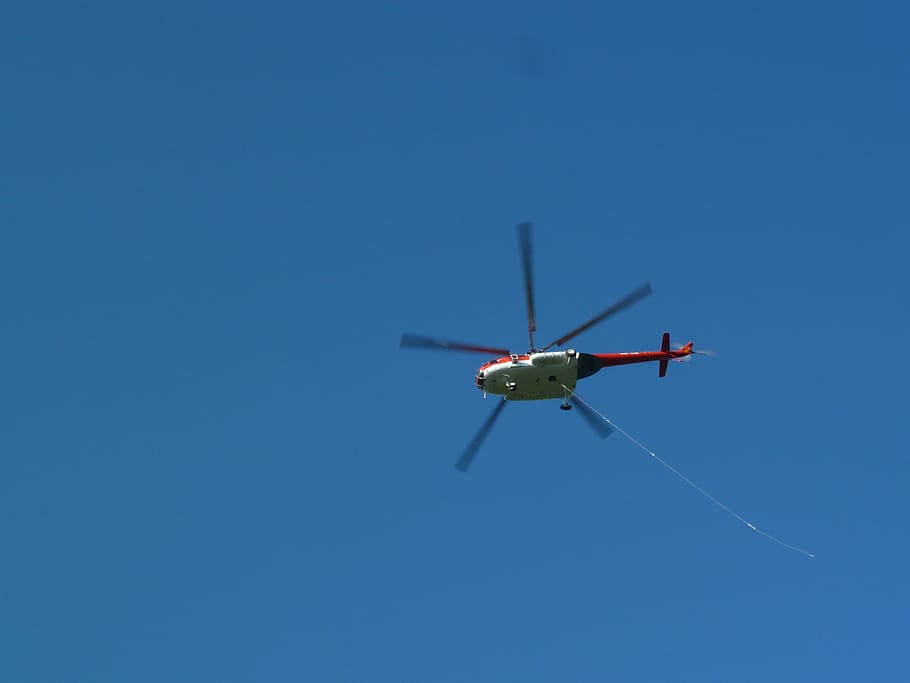Necessity is the mother of invention – the adage is one that describes air ambulance companies best. Leading the innovation, in this industry, has been the US military for long now. It all began with the use of military helicopters to rescue the wounded soldiers during the Vietnam War and it was this war that highlighted air transport as a viable response to life-threatening conditions. While initially limited only to military, the skies eventually opened up to civilian requirements as well. In the beginning, only a few hospitals ventured into air ambulance transport; eventually, however, private players and investors entered the industry.
The Rise of Air Ambulance Companies and the Safety Concerns
Air ambulance companies today are witness to hundreds of helicopters and with this rise, the number of crashes too have been quite sizeable. In fact, the United States sees the highest number of air ambulance fatalities in the world. The question that begs to be asked in this context is this: are the safety regulations that govern air ambulance companies lax? While this might seem like the most obvious cause, it is far from the truth. There is no dearth of safety regulations. In fact, the FAA keeps a close tab on the implementation of its mandatory safety recommendations and imposes heavy penalties on medical flight businesses that fail to conform to the norms.
Commerce, Growth and Safety
As discussed earlier, there are several players in the arena today and to say that profit does not matter to them, would be a false assumption. No business can survive without revenue. However, with increasing number of market participants, the existing customer base suddenly seems too small to keep every business afloat. This is when an unhealthy competition seeps in. In the quest to make profits, chances are that existing businesses take unnecessary risks and fly in weather conditions that are potentially fatal. The result: increased fatalities and a bad name for air ambulance companies.


